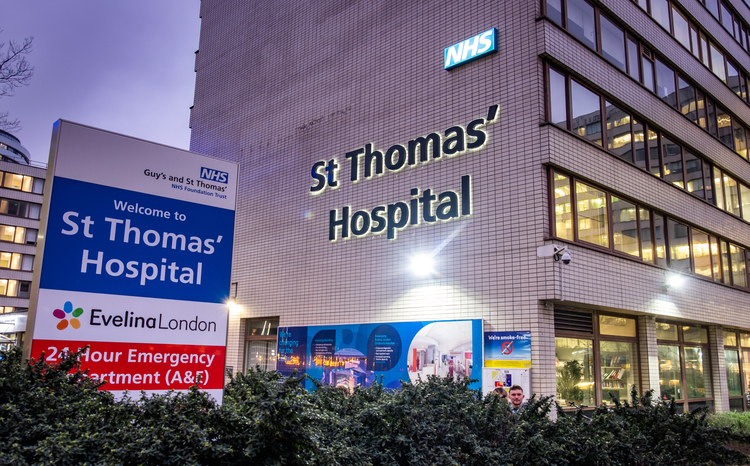US Medical Insurance Group to Subsidise PDA Software
- 24 September 2003
A US physician liability insurance organisation, MedAmerica Mutual Risk Retention Group, is to offer its members a subsidy towards the purchase of copies of the eProcrates handheld clinical reference source for handheld personal digital assistants (PDAs) in order to improve patient safety and reduce drug errors.
California-based MedAmerica Mutual will subsidise the ePocrates Rx Pro application, which includes information on more than 2,800 medications, low-cost alternatives, adverse drug interactions and dosage information for children and adults.
The medical liability organisation in 2001 helped fund the purchase of more than 500 PDAs with the original version of the ePocrates drug software as part of a patient safety initiative, designed to enhance patient safety by providing clinicians with bedside drug information.
The PDA clinical reference software will be to physicians, physician assistants, and nurse practitioners insured by MedAmerica Mutual, part of MedAmerica, a physician-owned provider of physician support services.
“Ninety-one percent of the respondents to our most recent survey of PDA users indicated that using ePocrates as a drug/medical reference tool or drug calculator reduced the potential for serious medication errors," commented Gloria Everett, CEO, MedAmerica Mutual RRG, Inc. "ePocrates fits into our strategic vision by providing us with an effective patient safety tool."
“Improvements in risk management are one of the many benefits of putting important drug and clinical information in the physicians’ hands, literally, at the point of care," added John Voris, CEO of ePocrates, Inc.
With several hundred thousand active users, eProcrates claims to be the US market leader in providing clinical information at the point of care. The firm provides both online reference sources together with clinical and drug reference databases for use on PDAs.
A July 2003 survey carried out by TNS Intersearch on behalf of ePocrates, reported that one quarter of US doctors now turn to their handheld technology – not their bookshelves or PCs – as their primary source for critical clinical information.




